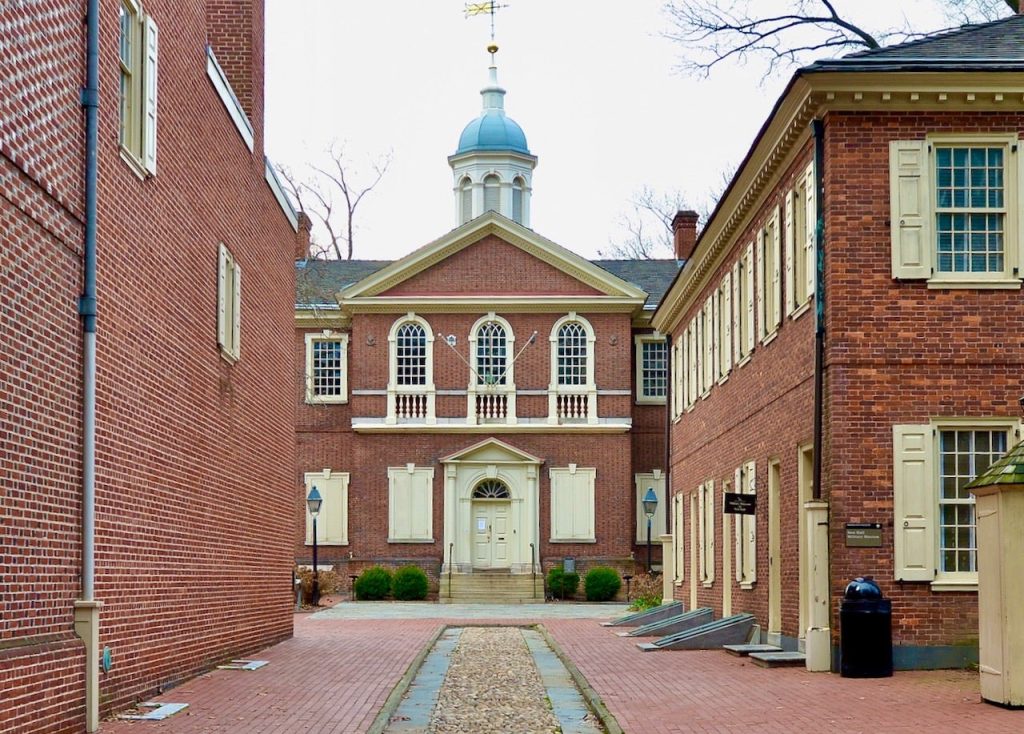The First Continental Congress, a gathering of colonial leaders in defiance of British rule, took place on September 5, 1774. The convention, held in Philadelphia, brought together figures such as John Adams, Samuel Adams, Patrick Henry, John Jay, and George Washington. It was sparked by tensions between Parliament and Boston, which had been punished for the Boston Tea Party. The Intolerable Acts of May 1774 further angered the colonies, leading to a call for a unified response.
Colonists from across North America rose in solidarity with Massachusetts, prompting the call for a Continental Congress. The Massachusetts delegation left for Philadelphia in a triumphant send-off, despite British troops watching closely. The Congress consisted of 56 delegates from 12 of the original 13 colonies and lasted through October 26. There were differing opinions on how to respond to British policies, with some favoring violent action and others peaceful protest. Despite these challenges, the Congress produced significant results, including the adoption of the Suffolk Resolves.
The Suffolk Resolves, which called for a boycott of British goods and the stockpiling of military supplies, were seen as a decisive moment in the fight for American independence. John Adams, in his diary, expressed his belief that America would support Massachusetts in its struggle against British rule. The tensions between the colonies and Britain escalated when British Redcoats marched on Lexington and Concord in April 1775, sparking the American Revolution. A Second Continental Congress was held in 1776, ultimately leading to the Declaration of Independence on July 4, severing ties with Great Britain.
The First Continental Congress marked a turning point in the relationship between the American colonies and Britain. It was a bold assertion of colonial autonomy and a first step towards a unified response to British aggression. The gathering of influential figures such as John Adams and George Washington laid the foundation for the fight for American independence. The adoption of the Suffolk Resolves was seen as a pivotal moment in the lead-up to the American Revolution, ultimately leading to the outbreak of war in April 1775.
The significance of the First Continental Congress cannot be overstated in the history of the United States. It brought together colonial leaders in a show of unity and defiance against British rule. The decisions made at the Congress set the stage for the fight for independence, culminating in the Declaration of Independence in 1776. The courage and determination displayed by the delegates laid the groundwork for the birth of a new nation, founded on principles of liberty and self-governance. The legacy of the First Continental Congress lives on in the spirit of American independence and the enduring commitment to freedom and democracy.


